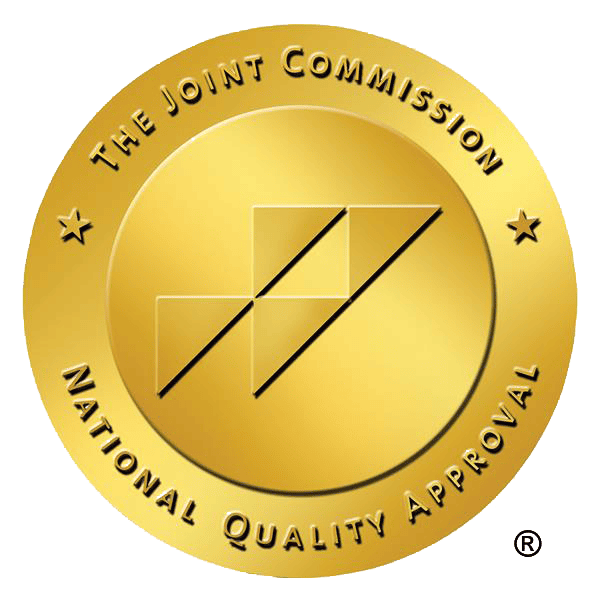Methamphetamine (meth) is a highly addictive and dangerous stimulant. The drug can have serious consequences on an individual’s physical and mental health. Meth also has the potential to interact with other substances in dangerous ways. These interactions can significantly increase the risks of overdose and death.
Understanding the dangers of these interactions is crucial for anyone struggling with meth addiction. Furthermore, seeking help from professional detox programs provides individuals with the support they need to overcome their addiction safely.
Methamphetamine Interactions: Why It Occurs
Methamphetamine interactions can occur for several reasons. For starters, the person taking the meth may knowingly experiment with alcohol and other drugs. The combination might enhance certain pleasurable effects. So the behavior to continue combining substances is reinforced, as is their meth addiction.
Other times, the person may not have any idea they are combining meth with other substances. This is becoming more common as illicit drug dealers are cutting drugs with fentanyl because it makes it cheaper to produce.
Methamphetamine and Alcohol
Meth is a stimulant, and alcohol is a depressant. People often mix these substances to enhance each other’s euphoric effects. They also mistakenly assume the stimulant effects of meth will counteract alcohol’s sedative properties.
However, this is not the case, and the drug can have different and unpredictable side effects. Depending on the dosage levels, it could result in overdose or even death.
Simulants and Methamphetamine
Mixing stimulants, like cocaine, with meth can be very dangerous. When combing meth with other stimulants, the person is doing so because they think it will prolong the effects and euphoria experienced.
However, doing so can have undesirable effects, such as:
- Panic attacks
- Heart attack
- Hallucinations
- Psychosis
- Brain damage
- Stroke
- Liver damage
MDMA and Methamphetamine
Mixing MDMA and meth can be extremely dangerous as both drugs are stimulants. The substance can increase heart rate, blood pressure, and body temperature. It can also lead to potentially severe dehydration.
The combination of these substances can increase the risk of heart attacks, strokes, and seizures. Additionally, mixing them can intensify the adverse side effects, such as anxiety, paranoia, insomnia, and mood disturbances.
Combining these 2 powerful stimulants also dramatically increases the likelihood of overdose or death.
Methamphetamine and Ketamine
Mixing methamphetamine with ketamine can be extremely risky due to the contrasting effects of these 2 drugs. Meth increases heart rate, blood pressure, and energy levels. Ketamine is a dissociative anesthetic that produces sedation and hallucinogenic effects.
Combining these substances can lead to unpredictable interactions, potentially causing extreme confusion, disorientation, impaired coordination, and altered perception of reality. The combination also increases the risk of heart attack and respiratory depression or failure. Additionally, mixing them can amplify effects such as paranoia, anxiety, psychosis, and overdose.
Opioids and Methamphetamine
Opioids are depressants that slow down the central nervous system, while meth is a stimulant. When these contrasting substances are combined, they increase the risks of overdose, respiratory depression, cardiovascular issues, seizures, and death.
Additionally, combining opioids like heroin and meth masks the individual effects of each drug. This makes it difficult for users to gauge their dosage levels, resulting in the likelihood of accidental overdose.
Benzodiazepines and Methamphetamine
Benzodiazepines are central nervous system depressants that have sedative effects compared to meth’s stimulant effects. When these substances are combined, they counteract each other’s effects, leading individuals to underestimate their level of intoxication.
Unfortunately, this increases the risks of respiratory depression, cardiovascular issues, overdose, and death. This drug combination also increases the risk of adverse side effects, such as confusion, dizziness, memory problems, and impaired thinking.
The Dangers of Methamphetamine Abuse
Methamphetamine abuse poses severe dangers to physical and mental health. The drug’s strong stimulant properties can lead to increased heart rate, elevated blood pressure, hyperthermia, and rapid breathing.
Prolonged methamphetamine use can result in weight loss, dental problems (known as “meth mouth”), and skin sores. Moreover, chronic methamphetamine abuse can cause memory problems, anxiety, depression, psychosis, and paranoia.
Methamphetamine Abuse and Overdose Risks
Methamphetamine abuse significantly increases the risk of overdose due to the drug’s potent effects on the central nervous system.
Symptoms of a methamphetamine overdose may include:
- Severe agitation
- Chest pain
- Rapid heart rate
- Elevated blood pressure
- Extreme anxiety or confusion
- Seizures
- Hallucinations
- Coma
- Hyperthermia
Exploring the Treatment and Detox Process
The meth treatment and detox process involves a comprehensive approach to address the physical, psychological, and behavioral aspects of addiction. Detox is the first step in recovery and helps safely manage withdrawal symptoms.
Individuals usually participate in behavioral therapies, and individual and group counseling, and develop coping strategies for relapse prevention. Treatment plans are personalized to meet individual needs and may include medication-assisted therapy and holistic approaches.
The duration of treatment can vary depending on the severity of addiction and individual progress.
Start Polysubstance Recovery in Austin, TX Today
Are you ready to regain control over your life? Take the first step towards a healthier, substance-free life at the Prairie Recovery Center in Austin, Texas. Our comprehensive treatment programs offer personalized care and support to help you break free from addiction.
Contact us today to start your recovery journey free from meth and other substances.









